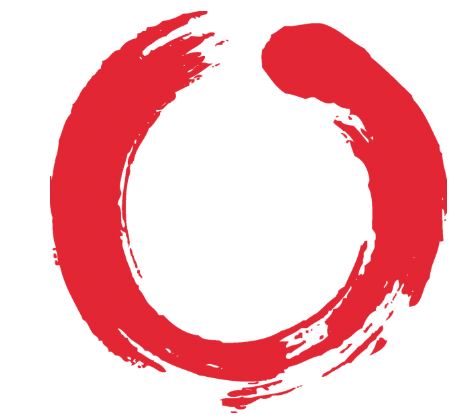Untrained Coaching
As a new Head Teacher, I read Jill Berry’s excellent book Making the Leap after I was appointed. It is much better before. There were competing priorities and I present then in no particular order purposefully: Building, organisational structure, transient and temporary staffing, safeguarding, identity and communications.
I made mistakes. Some I was able to own, some I was able to address or rectify and some I had to accept. Experience is what you get, when you do not get what you want.
I appointed and supported Middle and Senior Leaders ‘new to role’ and I found that I was coaching more, if rather haphazardly if without the structure and training of a Coach. Growing capacity in others really was not an option. Without question, having the ILM Level 3 Coaching training would have been a plus. (That said, with hindsight I would have encouraged a more Coached approach in my previous leadership role at The Wellington Academy, where I physically lined-managed more staff than I did as Head Teacher.
With a handful of priorities checked off the list and a DfE Material Change visit fulfilled, I was then able to fully focus on the sustenance and sustainability of the organisation. Two terms and we working through a clean, distributed leadership model, with secure systems and processes, and I had made a personal commitment to develop the fantastic senior staff in the school. Outside of school, on Saturdays, I travelled Harrow to take part in a twelve month experimental course on Complexity Theory in Education with Keven Bartle at Canons High School after being introduced to Complex Adaptive Systems at a presentation he gave earlier that year. It was delivered in part by guest speaker seminar and in part narrative enquiry, of form of group or co-Coaching. This experience was particularly demanding and illuminating and it most certainly encouraged me to think more deeply about Coaching, communication and how organisations build a culture of trust.
At the end of the year, our DfE Material Change inspector returned in a new guide, as Lead Inspector. It coincided with the appointment of a new Regional Principal. We barely got to know one another during inspection. ‘We’ the Trustees, the school and the senior team were ready, we were on the front foot. I felt I had given the staff the confidence to be bold. Leading an inspection was a powerful experience and a lot of the ground work paid dividends. In reflection, I will always appreciate the quiet assurance my new Regional Principal gave me, with taking over or assuming the lead.
Successful inspections. Improved results. Improved resolve. The next marker was being handed a copy of ‘It’s your ship.’ It was the prompt to really let go of the reins in any meaningful way. It was also the prompt to invested heavily in reading about organisational management, growing capacity in others become more important to me but building trust within the school became my personal leadership aim. I attended a seminar with Dr Paul Browning, Trust in Leadership: How trusted are you as a leader? with my AHT colleague, which led to his book Compelling Leadership, then going onto read his PhD thesis and pretty much anything else I could find on trust. Building trustful relationships throughout the school became my why? That was at all levels of staff and included students. I found myself using coaching more and directing less.
Jane Suter: Were you doing any mentoring?
For sure. However, a lot less. I had borrowed and adapted a key phrase from the book – It’s your ship. I knew it was resonating as staff would parrot fashion, copy or finish the phrase. “Does it put a child or a staff member at risk? No? Does it cost anything? No? Then make a decision.” As a Headteacher, I was very aware that I made the weather. That is not to say I didn’t mentor. I know I did not do it consciously either, that is the lack of coaching-mentoring awareness. My approach was arbitrary.
I was working operationally and strategically leading Teaching, Learning, Assessment and Reporting and now leading through the Deputy Head Teacher. My leadership experience was deepening and I was developing a personal leadership philosophy of leadership as a form of service. Coaching felt more aligned with this approach. Serve to Lead.
Jane Suter: Had you the benefit of an introduction to Coaching, I am sure you would have naturally developed a deeper interest in Coaching. From an introduction, to Level 3 onto accreditation that requires more serious commitment.
The ILM Level 5 has a good balance of theory, reflection and practice (18 hours practice across 3 coachees for the Certificate). Certainly a deeper level of coaching with a wider range of techniques for honing your listening, questioning and rapport building skills. Plus being able to manage the coaching programmes. At Red Tiger, we pay particular attention to these skills in our workshops, so that a new coach has strategies to deal with anything that a coachee might divulge.
Just a minor point I want to raise here. This is Jane’s first contribution. All her other comments were questions., I wonder if I am the only one to have noticed?
In reflection, this is the team that I have given most too, the most trust, and received most back in return.


